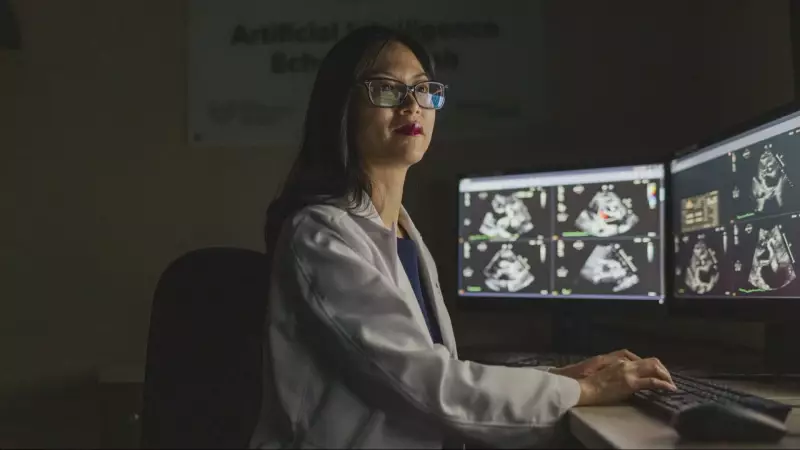
Vancouver's St. Paul's Hospital is embarking on a groundbreaking medical revolution that could change how we detect and treat heart failure forever. A new artificial intelligence project is transforming cardiac care, offering hope for earlier diagnosis and more effective treatment of this life-threatening condition.
The AI Breakthrough Changing Cardiac Care
This innovative system analyzes electrocardiogram (ECG) readings with unprecedented precision, identifying subtle patterns and abnormalities that even experienced cardiologists might miss. The technology represents a significant leap forward in diagnostic capabilities, potentially catching heart failure in its earliest stages when intervention is most effective.
How the Technology Works
The AI system processes ECG data through sophisticated algorithms trained on thousands of previous cases. It learns to recognize the unique signatures of heart failure, enabling it to:
- Detect early warning signs before symptoms become apparent
- Provide more accurate diagnoses than traditional methods
- Reduce diagnostic time from weeks to mere moments
- Identify patients at risk who might otherwise go undiagnosed
The Human Impact Behind the Technology
Dr. Nathaniel Hawkins, a cardiologist at St. Paul's Hospital, emphasizes the profound implications for patient care. "This isn't just about technological advancement—it's about giving people more quality time with their families," he explains. "Early detection means we can intervene sooner, potentially preventing the progression of heart failure and improving long-term outcomes."
A Collaborative Effort for Better Health
The project brings together medical experts from St. Paul's Hospital and technology specialists from the University of British Columbia. This multidisciplinary approach ensures the AI system is both medically sound and technologically advanced, creating a tool that truly serves patient needs.
The Future of Heart Health in Canada
As the project moves forward, researchers are optimistic about its potential to transform cardiac care across the country. The technology could eventually be deployed in hospitals nationwide, making advanced heart failure detection accessible to millions of Canadians.
This Vancouver-based innovation represents more than just medical progress—it's a beacon of hope for the thousands of Canadians affected by heart conditions each year, proving that technology and human compassion can work together to save lives.





